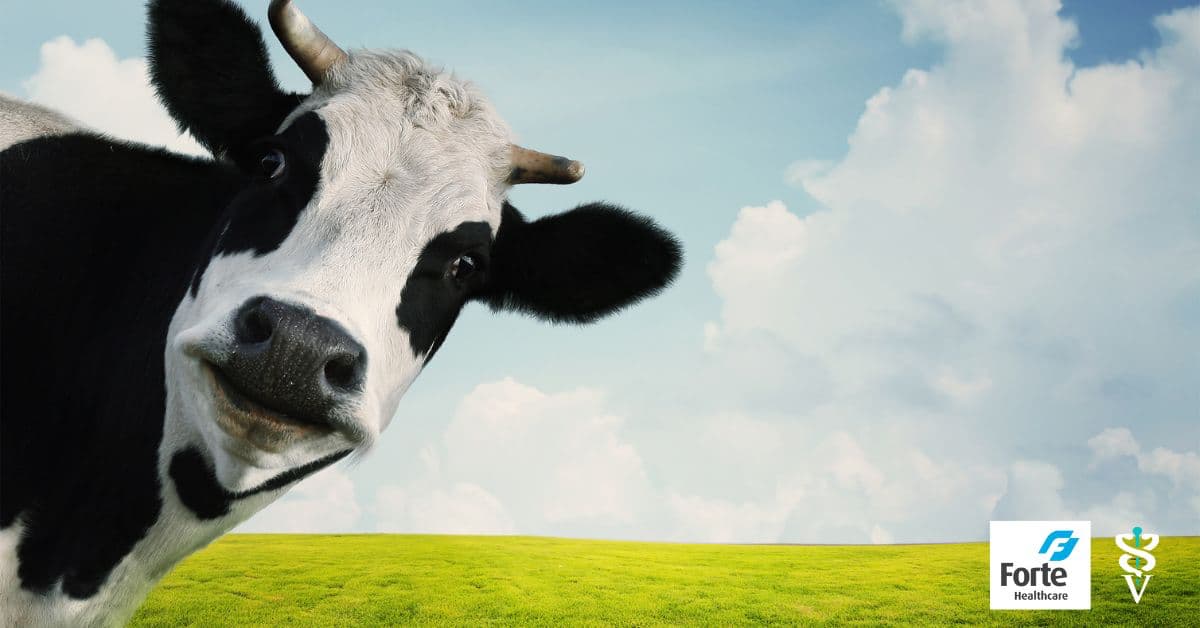The Strengths of Neurodivergence in Veterinary Medicine
Neurodiversity is a topic that is gaining more traction within the veterinary community. Recent estimates suggest 15-20% of the population is neurodiverse, so the growing interest is understandable (Ringie, 2024).












